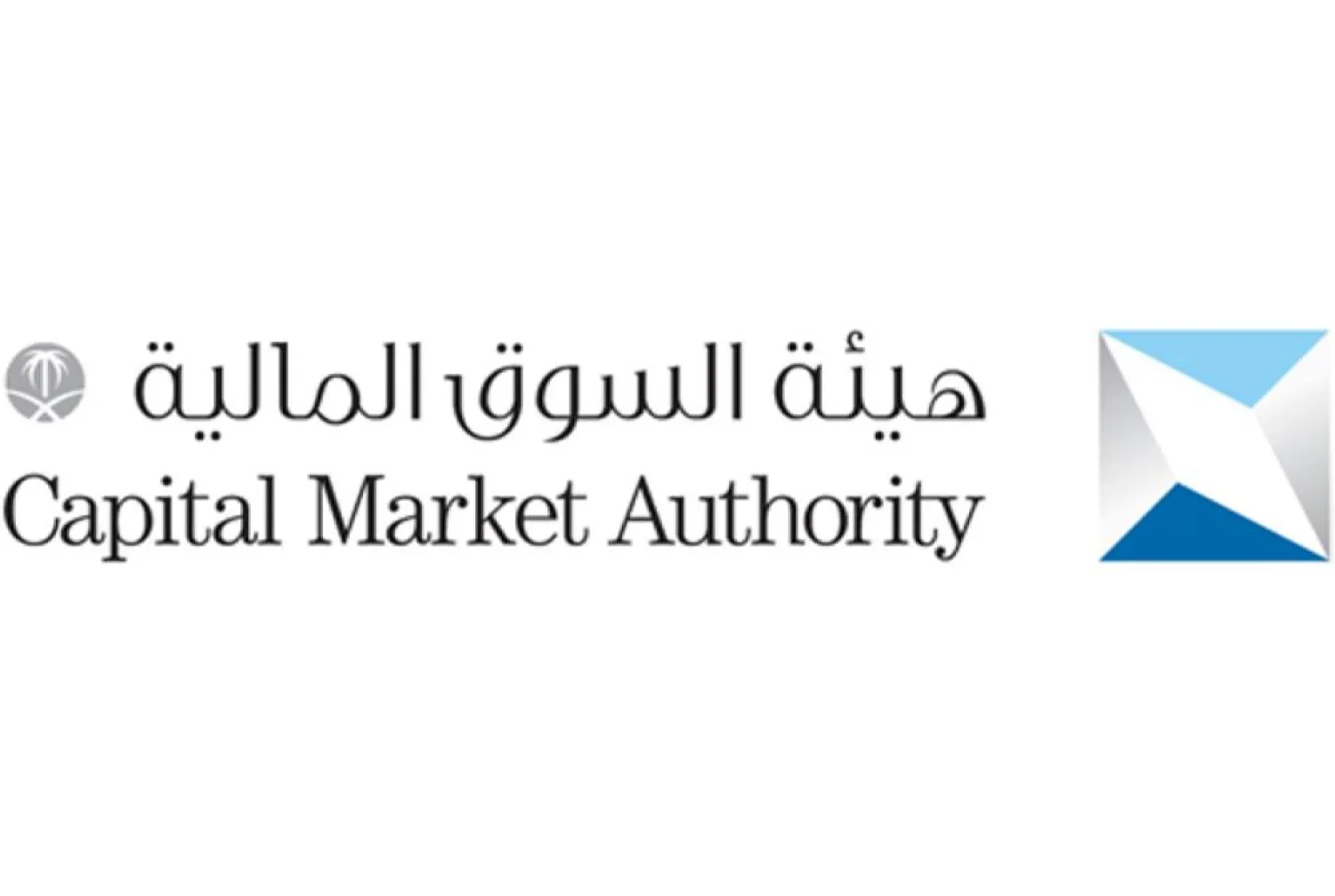Saudi Arabia’s Capital Market Authority (CMA) has decided to ease requirements in an effort to draw more capital into the country's stock market.
This is done by reducing the minimum value of assets under management needed for an institution to qualify as an investor to 1.875 billion riyals ($500 million) from 3.75 billion riyals.
In this regard, the new step is expected to have a positive impact on the local stock market and will follow a new phase in which the Saudi market will be put on the list of emerging market indices whether through MSCI or FTSE, the two indices that are close to listing the Saudi stock market in the list of emerging global markets.
In this context, Saudi CMA opened the bourse to direct investment by qualified foreign institutions in 2015.
It reduced minimum requirements for the institutions in 2016 and is now proposing a fresh round of reforms, giving the public 14 days to comment on the proposals.
Red tape in the qualification process would be simplified, while institutions could qualify subsidiaries and managed funds without submitting a separate application for each of them.
The CMA said it would also recognize a wider range of other regulatory jurisdictions as acceptable to Saudi Arabia.
On the other hand, the efforts exerted by CMA through developing its regulations have resulted in moving the Kingdom's ranking upward in the Investor Protection Index from 63rd place in 2017 to 10th in 2018, as indicated by World Bank's 2018 Ease of Doing Business report.
The index is considered a mirror to measure the degree of protection offered to a minority of investors, and it is based on several factors that focus on the preservation of shareholders' rights and the extent of transparency and disclosure in companies.
The World Bank Group also noted the data in its report were based on questionnaires involving lawyers specializing in corporate and securities laws, on securities systems, corporate laws and civil codes of procedure and evidence.
The ranking of economies in the index is determined by the strength of the minority investor protection system in each country.









